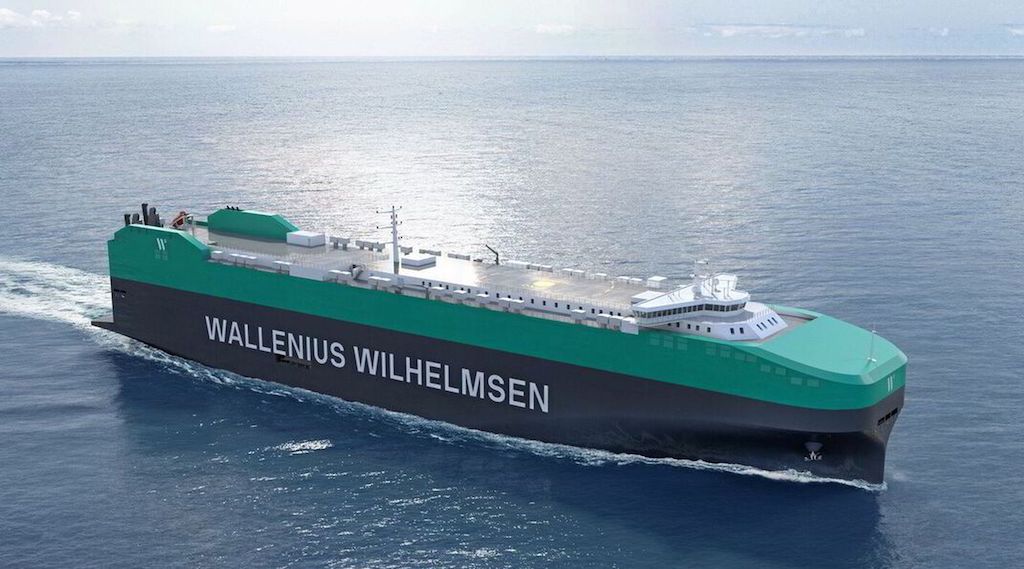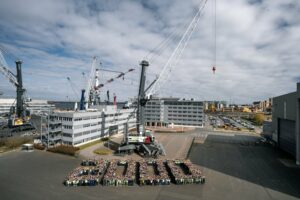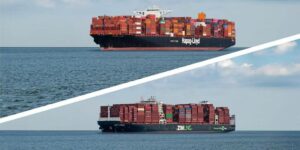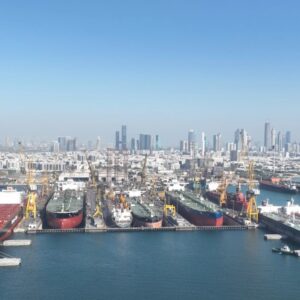Wallenius Wilhelmsen has unveiled its next-generation Bunker Adjustment Factor, BAF2.0, designed to simplify the integration of alternative fuels and pave the way toward achieving net-zero emissions by 2040. This revamped pricing mechanism adapts to the evolving fuel landscape, offering greater transparency and predictability as the maritime industry transitions to greener energy solutions.
What is BAF2.0?
The Bunker Adjustment Factor (BAF) has long been used to adjust freight rates based on fuel price fluctuations. BAF2.0 retains this core function but expands its scope to include a diverse mix of future fuels such as biofuel, bio-LNG, methanol, and ammonia. By factoring in the costs of alternative fuels, BAF2.0 ensures smoother pricing transitions and helps mitigate the financial uncertainties of adopting greener energy sources.
“BAF2.0 is not about reinventing the wheel—it’s about improving it for a multi-fuel future,” says Xavier Leroi, Chief Operating Officer Shipping Services at Wallenius Wilhelmsen.
Preparing for a Multi-Fuel Future
The shipping giant’s initiative reflects the industry’s shift toward decarbonization. Fossil fuels like VLSFO and MGO will gradually give way to sustainable alternatives. Starting January 1, 2025, BAF2.0 will be implemented for all new ocean business, ensuring that future fuel costs are transparent and fairly distributed.
“Delaying the switch to net-zero fuels will only increase costs in the long run,” adds Leroi. “By integrating multiple fuel types into a single charge, BAF2.0 provides cost clarity and transparency in the green transition.”
BAF2.0 is not only about fuel pricing—it also supports regulatory compliance. As global regulations tighten, Wallenius Wilhelmsen’s new mechanism ensures alignment with environmental standards while giving customers a clearer picture of fuel costs.
Pia Synnerman, Chief Customer Officer at Wallenius Wilhelmsen, emphasizes the importance of this transparency: “A re-engineered BAF tailored for future fuels provides customers with predictable costs in an increasingly complex fuel mix. It also helps us collaboratively ensure compliance with evolving environmental regulations.”






